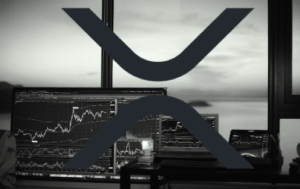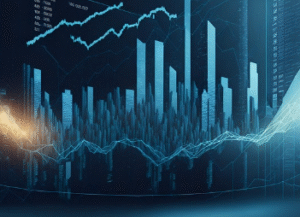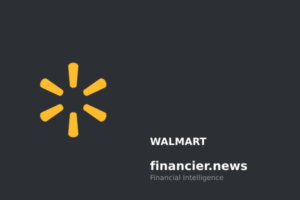$NVDA $GOOG $META
#ArtificialIntelligence #AITechnology #MachineLearning #YoshuaBengio #AIEthics #TechPioneer #AIStocks #AWEarnings #AIInvestments #TechRegulation #EthicalTechnology #AIInnovation
Renowned computer scientist and deep learning pioneer Yoshua Bengio has issued a stark warning regarding the potential perils of artificial intelligence systems. In a recent statement, Bengio flagged concerns about a “fringe” of individuals who might be content to see humanity replaced by machines. This cautionary note comes in the midst of a meteoric rise in the development and adoption of generative AI systems, exemplified by widely publicized projects like ChatGPT, which have revolutionized industries ranging from content creation to software development. However, along with this innovation surge, experts like Bengio are urging a more measured approach to ensure that progress doesn’t spiral out of human control.
From a financial markets perspective, companies at the forefront of AI—such as $NVDA, $GOOG, and $META—have been driving considerable growth in equity valuations. Semiconductor titan Nvidia ($NVDA), for instance, has witnessed a dramatic surge in its earnings and share price, due in large part to demand for high-powered GPUs critical for AI computations. Meanwhile, Alphabet ($GOOG) and Meta Platforms ($META) are heavily investing in AI-driven innovations to secure leading positions in this transformative technology space. While these developments have created substantial opportunities for investors, Bengio’s warning could present regulatory and ethical headwinds that may impact the trajectory of these companies. Increased scrutiny and oversight could add compliance costs or delay product rollouts, potentially moderating the feverish pace of AI’s financial impact.
The ethical considerations Bengio raised are particularly pressing for governments and regulators globally. Policymakers are already grappling with rapid technological advancements in AI, which have implications for job displacement, data privacy, and public safety. If some actors indeed harbor ambitions to develop autonomous systems capable of overshadowing or controlling humanity—a dystopian scenario—legislative safeguards would likely accelerate, with sweeping implications for the tech and relevant stock sectors. For investors, regulatory uncertainty could inject volatility into AI-linked equities, including ETFs that heavily weight AI-focused stocks. Companies devoting significant research and development budgets to AI may also face increased regulatory scrutiny that could affect profit margins and long-term growth prospects.
Despite these risks, the AI sector remains a magnet for capital, with venture funding in AI startups reaching all-time highs and mega-cap tech firms continuing to position themselves as leaders in artificial intelligence. However, ethical missteps or unintended consequences from AI systems could crystallize into reputational and legal liabilities, which might cause major corrections in AI stocks in the medium term. As a result, while individual investors and institutional players look to benefit from the AI revolution, they are increasingly factoring in the inherent risks and potential for regulatory intervention. This balance could see the market adopt a more cautious approach in bidding up AI-linked stocks, even as the technology itself barrels forward.









Comments are closed.